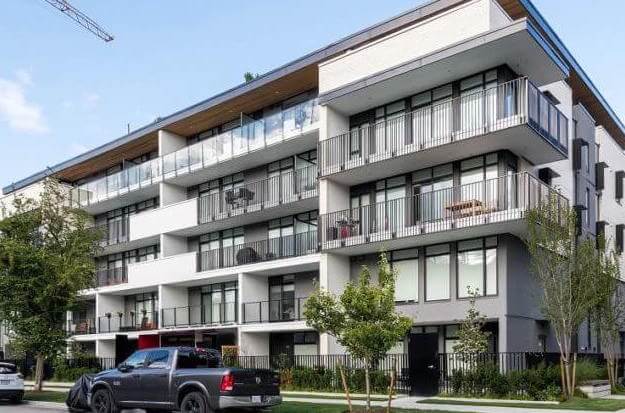
Jul 30, 2021: City Council to vote on Vancouver Plan Quick-Start Actions
Vancouver City Council will be presented with a recommendation from staff to accept the controversial Secured Rental policy at its July 21, 2021 meeting and refer it to public hearing as early as the fall.
The troubling proposal, which will see major changes to Upper Kitsilano — the beginning of six-storey apartments on arterials and four-to-five-storey rental units, townhouses and multiplexes one whole block adjacent to those arterials — is quietly being slipped through a staff report on one of the last Council meetings of the summer.See here for details.
The City has been pushing hard to speed up construction of rental housing in “low-density neighbourhoods” like ours by cutting red tape for developers and reducing opportunities for neighbourhood input. If approved, the policy would allow six-storey buildings in commercial districts without rezoning; in residential areas, the development process would also accelerate by standardizing regulations through new rental zones under Residential Rental Tenure (a provincial authority that gives municipalities the power to protect rental units in existing and future apartment buildings in order to increase the overall supply of rental housing in communities).
The Secured Rental Policy, found in the report under “Streamlining Rental Initiative,” is one of a number of so-called “Quick-start Actions” that allow areas of the city to be rezoned before the Vancouver Plan is complete. Affected neighbourhoods were not involved in the planning process, and it is important that they have their say in how their communities develop.
We urge you to write to the Mayor and Council before July 21 about the implications of this recommendation. You can make your comments to Council here.
You can also speak at the meeting.
MIRHPP
In the same report, staff recommends extending the 2017 Moderate Income Rental Housing Pilot Policy (MIRHPP) to Jan. 31, 2022 as a second Quick-start Action. An application under this program requires at least 20% of a project’s residential floor space to be below-market units, which are permanently secured at rates for moderate income households, i.e., incomes between $30,000 and $80,000). Twenty new housing projects will be accepted under the renewed MIRHPP.
From what we have seen to date, the MIRHPP has not provided enough affordable housing per project considering the amount of money developers receive in waived DLCs (development cost levies) CACs (community amenity contributions), and the extra height and density extended by the pilot project. And several of the projects that have been accepted under MIHRPP and approved by Council violate MIHRPP’s own guidelines.
General results of City surveys in response to the Vancouver Plan are included in the report, with more detailed results to come. Demographics provided from broad public engagements show that most respondents were between the ages of 20 and 39. According to the report, the majority of survey respondents agreed with the goals of the Vancouver Plan, including becoming a city of reconciliation, increasing affordable housing, creating more inclusive neighbourhoods, becoming a carbon-neutral city, and so on.
According to the “What we Heard” engagement phase results of the plan, the majority of Vancouver residents want to see increased housing density throughout the city. Many respondents gave ideas on how to discourage the redevelopment of single-family housing in favour of multi-family housing that is suitable to mixed incomes, including more rental options.
Survey results are becoming increasingly important because staff uses them to justify their own plans. Keep in mind that there are problems with all City surveys.
One is how questions are worded. Most surveys are designed to manufacture consent. Not enough information is given for respondents to make an informed response. One can only hope that City staff ensure that the sample of survey respondents is truly representative of the larger population.
Given the amount of personal information asked by the survey, the results shared are entirely inadequate to judge what various communities think about these crucial topics. In the report, staff admit that “digital engagement creates barriers and impediments for many communities to fully participate in meaningful ways.”
The report will be discussed at the July 21 meeting, which begins at 9:30 am.
Lorem ipsum dolor sit amet, consectetur adipiscing elit. Ut elit tellus, luctus nec ullamcorper mattis, pulvinar dapibus leo.



No Comments